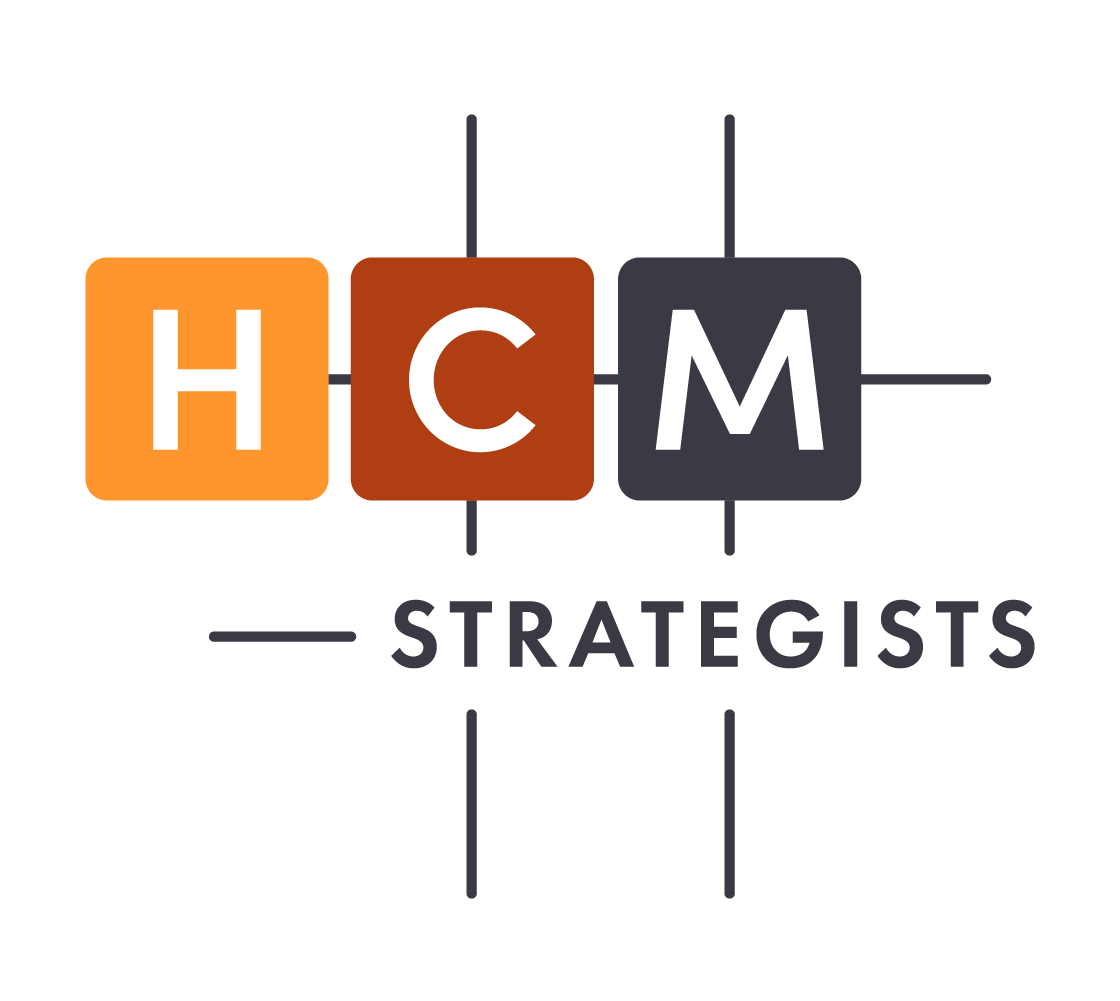Reflections on 2018: The Tremendous Accomplishments of an Extraordinarily Talented HCM Team
By Terrell Halaska Dunn
I am typically not a fan of self-congratulation, but when reflecting on 2018, I end the year feeling more hopeful than I started it.
HCM Strategists, an organization I founded with Kristin Hultquist and Michael Manganiello, turned 10 this year and has grown from three people hanging out in my living room to a company with dozens of employees and a presence in multiple states. But the size of the organization isn’t what makes me so hopeful. It is the tremendous accomplishments of the extraordinarily talented HCM team.
While we don’t engage directly in politics as an organization, we are certainly affected by them. Our mission is to align, advocate and advance public policy to improve lives, and despite the through-the-looking-glass world we are living in we see evidence every day that public policy can have a positive impact.In our Health Innovations practice, we are proud to support the efforts of the National Institutes of Health as they work to build a research program of over one million people to “accelerate health research and medical breakthroughs, enabling individualized prevention, treatment and care for All of Us”. HCM Strategists was selected by NIH to ensure that the All of Us volunteers reflect the diversity of the U.S. To accomplish this, we built, nurtured and managed a network of trusted community and healthcare provider organizations to raise awareness of and provide education on the program. In 2018, this network collectively conducted more than 900 digital and non-digital engagement activities in 30 states across the U.S. Additionally, the team developed an engagement best practices report highlighting models and metrics around motivating and engaging communities historically underrepresented and underserved in biomedical research. We also developed and implemented a training curriculum for third-party validators and program ambassadors.
The health innovations team at HCM is second to none when it comes to building advocacy networks – especially around major public health crises like the opioid epidemic. To combat this growing crisis, our clients support the “gold standard” of opioid addiction care—medication-assisted treatment (MAT). This treatment combines behavioral therapy and medications to treat substance abuse disorders.
Our clients have been successful in developing a foundational network of advocates helping to expand access to lifesaving treatments. This is largely a result of the relationships we have helped build across the advocacy and health care provider spectrum, as well as in Congress and the Administration, through our strategy development, advocacy training, and ongoing strategic counsel.In education, we supported the efforts of Learning Heroes to conduct the most extensive research to date looking at the disconnect between parents and teachers, hoping to understand why “nine in ten K-8 parents believe their child is on grade level, despite the fact that teachers report less than a third of their students show up prepared for grade level work”. This information will help identify ways to ensure that parents have the knowledge they need to be strong advocates for their children’s education.
We also led an effort to better understand how states are implementing the Every Student Succeeds Act (ESSA), and specifically their plans to improve low performing schools. Our report provides the field with recommendations from peer reviewers for states looking to do this work effectively. The 17 states in our review have hit the ground running on their school improvement efforts, with varying degrees of success, and the remaining 34 have an opportunity to use Promise to Practice to ensure they are incorporating the best practices to improve equity and close achievement gaps.
Across the country, we are engaging with state legislators and policymakers, bringing folks together to learn and emulate success in other states. These leaders are now setting attainment goals, improving financial aid programs and providing better pathways to equitable student success.
Team members are engaging directly with higher education systems to develop strategic plans. We are helping institutions understand how outcomes-based funding policies impact their day-to-day operations. Additionally, HCM is helping to develop recommendations to improve state-based financial aid to improve student outcomes.
Part of the HCM team collects and analyzes data about state and institutional level policies that impact postsecondary education. Through that work, we can see that states are moving towards more equitable access, affordability, completion and improving labor market outcomes for students across the nation. As we move into 2019, HCM will have a lot more to say about why #PolicyMatters.
Is everything perfect out there? Absolutely not. But looking back over 2018 gives me hope that in 2019 and beyond we can ignore the bright sparkly objects designed to distract us and focus every day on striving to improve healthcare and education across the country.
